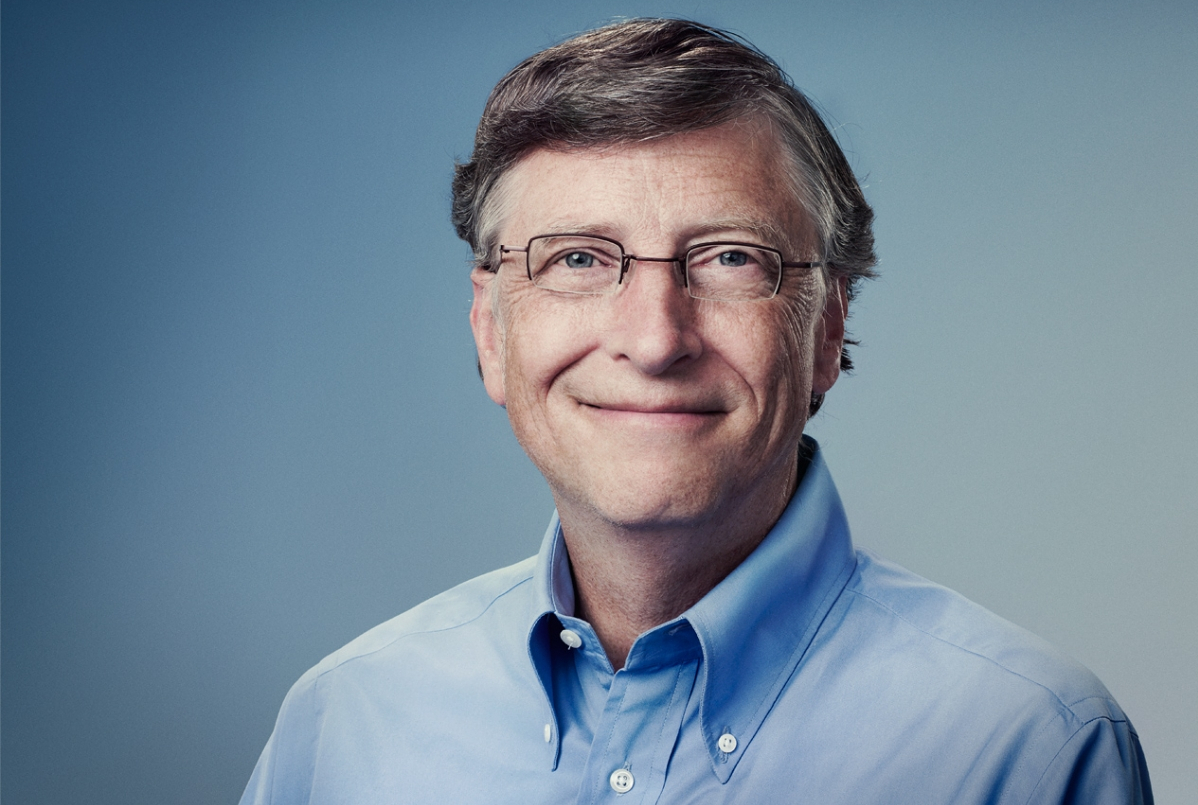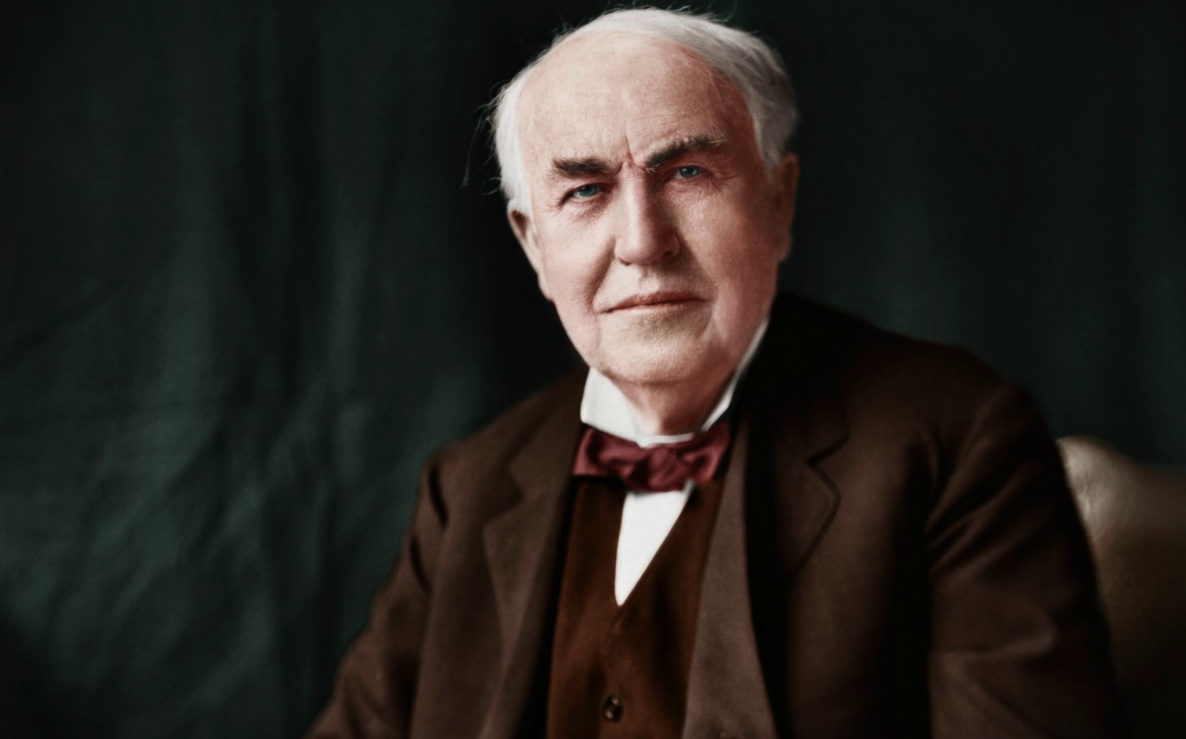I hate failing!
I fear rejection!
And I hate embarrassing myself.
These fears are probably one of the main reason that I occasionally procrastinate doing what I know I should be doing, both in business- and in my personal life.
I settle for the status quo, my comfort zone.
But let me ask you this:
What do Bill Gates, Michael Jordan and Thomas Edison all have in common, apart from becoming extremely successful in their respective careers?
Easy- they didn’t let failures stop them from pursuing big dreams:
Bill Gates was a Harvard University dropout. He was also the co-owner of a failed business called Traf-O Data. Nevertheless, Gates built the largest software company.

Michael Jordan was probably one of the best athletes of all times. Yet, he is also known to have missed more than 9,000 shots in his career, and 26 game winning shots.

Thomas Edison belongs to the most successful inventors that this world has ever witnessed. He also made over 1,000 attempts at inventing the light bulb.

So how do we develop this kind of mindset, where we embrace failures, instead of avoiding them?
In his book, Black Box Thinking- why some people never learn from their mistakes, but some do, Matthew Syed compares the behaviors of two safety dependent industries:
On the one hand, we have the health care in which according to the Journal of Patience Safely over 400,000 people die in hospitals in the USA due to preventable medical errors. Syed explains that this is due to a culture that is driven by both a fixed mindset culture in which top doctors see themselves as “clinically infallible”, and the constant threat of litigation by patients for any detectable failures. As a result, mistakes are suppressed and vital information that could help prevent similar mistakes in the future is made unavailable.
On the other hand, we have the aviation industry that has constantly focused on learning from accidents and near-miss situations, reducing the risk and danger significantly. Each plane is equipped with two nearly indestructible black boxes that save both the electronic information of the flight and the correspondence between the pilots so that outside experts can deconstruct mistakes and make recommendations to make flying safer.
And just look at the evolution:
In 1912, more than half the American army planes crashed in non-war situations. Compare this with 2014 where there was only 1 crash per 8.3 Million take offs in modern countries.
Researcher Amy C. Edmondson wanted to find out how we can also reduce the failure rates in hospitals. She studied medical teams at hospitals and assumed that the top teams would make fewer errors. Surprisingly she discovered that better performing teams actually made more errors. She was confused.
So she went over her notes again and that’s when she realized what was going on.
Then she realized what was going on:
The best teams didn’t do more errors but simply reported them more often. She discovered that creating a psychologically safe environment in which it was possible to admit mistakes and learn from failures was the real recipe for success.
Sadly, this is easier said than done.
Most of us have worked extremely hard to get good at something.
Now that we finally receive the recognition and appreciation we have waited for all our lives, the last thing we want is to be rebranded as “untalented” by publicizing our failures. Mistakes feel threatening, so we become extremely defensive when people criticize our actions.
In fact, a fear of failure can cause people to sabotage their success.
I had professional clients who were dubbed as super-talents.
Initially, they did extremely well, but once they had a few setbacks they would go out and party before big matches. If they would still win, everyone hailed them as “geniuses”, but if they lost, they could blame it on the night of drinking.
As a result, they never lived up to their potential.
Look, don’t get me wrong.
True champions don’t like losing, but they also don’t fear failure.
Instead, they focus on progress.
This is how Sir Dave Brailsford transformed the UK cycling team into a winning team
You see, until 2010, no British cyclist had won the Tour de France.
However, Brailsford believed in what he called “aggregation of marginal gains” whereby improvements of just 1% in all key areas of cycling would lead to compound results.
He analysed the bikes, made some minimal adjustments, had is riders bring their own pillows to the hotels during the Tour, changed their diets and even had them use antibacterial hand gels to avoid infections.
He looked for the 1% everywhere.
And the results?
2012 and 2013 saw a British cycler win the Tour de France.
In addition, the British team dominated the 2012 Olympics, winning 8 gold medals, 2 silver medals and 2 bronze medals.
Now we won’t always be as successful as the British cycling team, which is why we must consider the inevitable disappointments and setbacks as learning opportunities. Often, it will help to seek the guidance from friends, coaches and mentors to accelerate this process.
We also must acknowledge that when we push ourselves beyond our comfort zone, experiencing some fear is normal.
But by focusing on marginal gains, it becomes much easier to take bold action– despite our fears.
With each win, we start feeling more confident and competent.
We build momentum.
And we start moving towards our big dreams and goals
It can be that simple….
So let’s give it a try!
Take a moment and reflect on a goal you are currently pursuing:
Think of the marginal steps you could take immediately without feeling overwhelmed?
- In business, this might mean finding something the one activity that would help you instantly increase your income by 1% immediately.
- If you are an athlete, you might think of the one practice that would help you enhance your performance by 1%.
- If you want to improve your marriage, you could pick the one habit that would instantly improve your relationship by 1%.
Now visualize how your life would be different in a year from now if you would be experiencing marginal gains of 1% every month, every week or even every day in that specific area?
Do you like what you see?
If yes, then let’s build some momentum right now:
Please share with me below what your big goal for the next few months is, and what specific action you will take to experience consistent marginal gains immediately.
– Allon
Do you want to dive a bit deeper and really learn how to develop the mindset of top performers?
Then feel free to download my free 18,998-word Ultimate Guide On Mental Toughness which here.
In this Guide you will learn:
- How to perform at your very best in those big “money moments” that happen so rarely but have the potential to transform your career and your life.
- What you can do to develop the kind of hunger and desire to push yourself and persist through any setbacks you might encounter.
- How to feel confident and enthusiastic even when things don’t work out exactly as you would like them to…